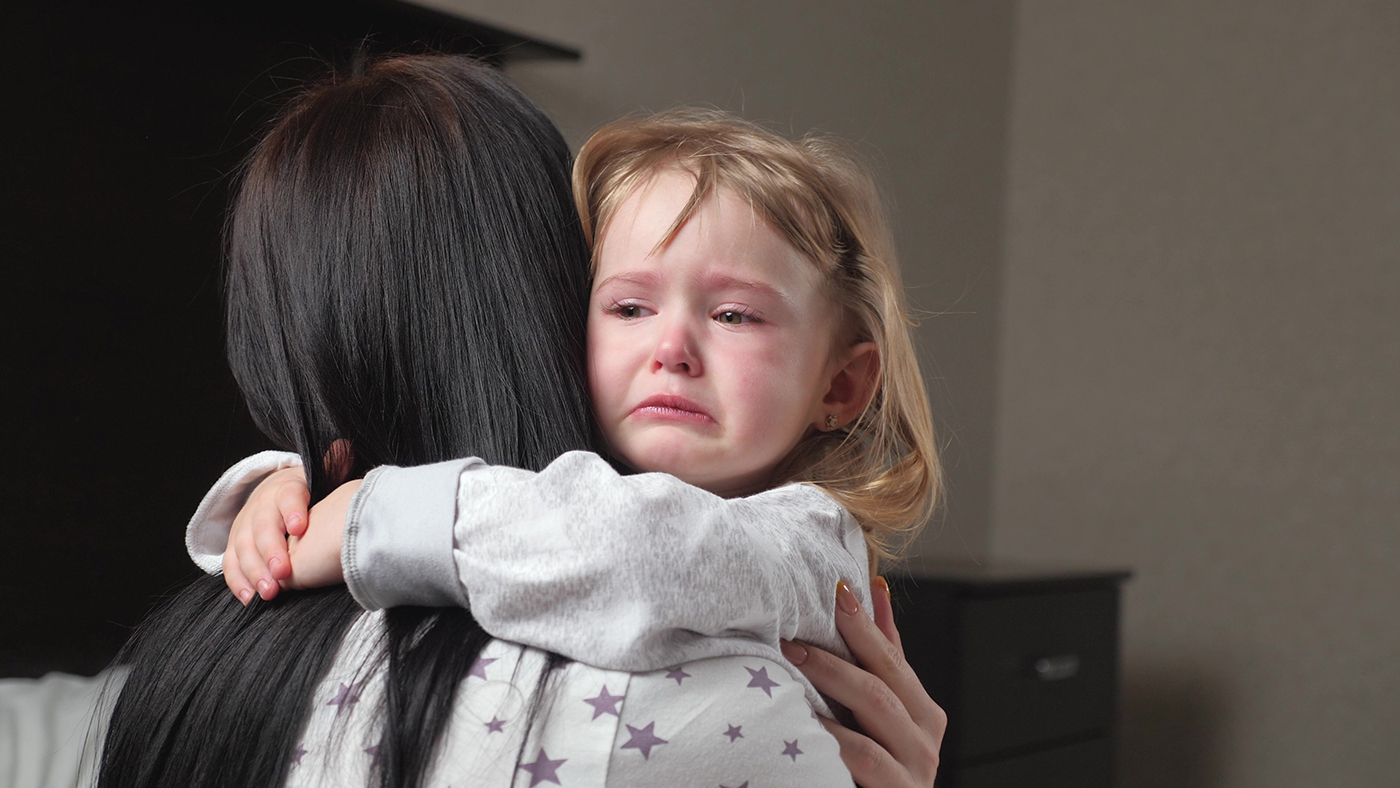Tantrums or dysregulation – what do you think?

We think a lot about the information we share and base our content on research. There has been an interesting discussion among early years professionals about the language we use when talking about young children’s behaviour.
Some researchers feel that the word tantrum doesn’t accurately describe children’s experiences and links to a negative view of children. Dysregulation is perhaps a more accurate description of what is happening, and reinforces that, in these moments, our children need co-regulation. However, others suggest that the word dysregulation is meaningless to parents.
We wondered what you think? Would you find talking and reading about dysregulation more helpful than talking about tantrums? Let us know your thoughts in our Facebook community.
Whatever language we use, we know that it can be difficult to support your child when they are experiencing big emotions, so, here are our tips for co-regulation.
Do things together that you both enjoy
You have been helping them regulate since they were born:, you will have held them to comfort them, or noticed when they were getting tired. The first step to co-regulation is responding to and interacting with your child, so they know that they can trust you.
Some of how you help when your child is overwhelmed is linked to enjoying times together, playing and doing the things you both enjoy when they are not feeling overwhelmed!
Remain calm or take time to calm yourself
Your child will often match your emotions, so if you find yourself getting overwhelmed when they do, they might take longer to calm. Sometimes people talk about sharing your calm but this is not always easy, so give yourself time to calm.
Name the feeling
When you are calm, then help them to calm too. You could acknowledge how they are feeling and reassure them by being there that you will help them. By naming the feeling, you are modelling how they might think through their responses as they are able to think about the things that happen to them.
Make a suggestion
You might then be able to suggest something else that you could do together. If they are frustrated because they cannot have something, acknowledge how they are feeling but stick with what you have said. You might say, “I know you are sad because you wanted my phone, but you cannot have it now. We could play with the bricks instead.”
Think about your routine
Your toddler might find it even more difficult to manage their emotions at certain times, perhaps if they are tired or hungry. Think about the times when they might become more easily frustrated and about how you could help them. You could suggest a story when they seem a bit tired or overexcited, or have a bit of quiet time together at the end of a busy day.